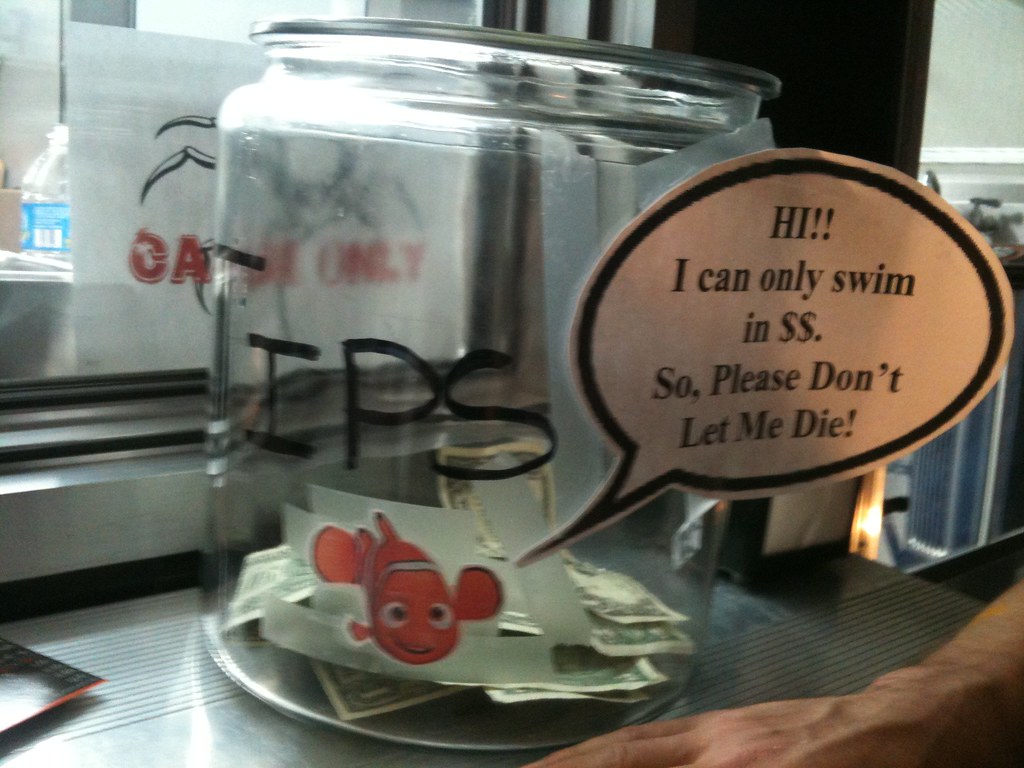Yes, make tipping tax-free, as a tax break for workers and to keep federal regulators out of the loop. (Opinion)
by Sean Higgins
Republican candidate Donald Trump’s proposal to make tips tax-free is a good idea, and not just because it will be a significant tax break for working Americans. It will also keep tipping out of the reach of the regulatory state, which has thus far had limited control over the practice.
Tipping is a surprisingly complicated and often contentious economic issue because historically it has been unregulated. Pretty much all laws, regulations, and taxes relating to the economy are focused on employers. Customers pay employers, who then use that revenue to pay their workers. The government at various levels adds sales taxes and payroll taxes to those transactions, then taxes the company’s profits. Unions are based on collective bargaining contracts with employers.
Tipping can circumvent all of this. Historically, tip money went directly from the customers to the workers, bypassing management entirely. Regulators and unions were mostly out of the loop too. Tips are taxed and regulated to a degree, but until recently the government had no way to properly assess how much workers received. It was effectively an honor system, and it was widely suspected that workers underreported the amount they received.
Unions and several union-allied worker advocacy groups were sometimes critical of tipping. They claim that management encouraged the practice to weaken unions since collective bargaining contracts set wages and compensation levels but cannot control tips.
The practice of tipping has gotten little attention from economists, with University of Washington Professor Tony Gill being an exception. Since it wasn’t monitored closely by regulators, there was little data for economists to analyze. It’s also a North American tradition that’s not widely practiced elsewhere in the world.
In recent years, however, the U.S. economy has begun to move away from cash and increasingly uses credit cards and app-based payment systems instead. Customers no longer leave the change left over from a $20 bill on the table. Electronic transactions still allow for tipping but are easily tracked, meaning that regulators now have a much more accurate idea of how much in tips is being paid. Workers are getting squeezed as a consequence.
The IRS said that $20 billion in tips were reported in 2008 and that amount nearly doubled to $38 billion in 2018. Customers didn’t start giving out more in tips, they just started giving them through their credit cards and phones, something the IRS can monitor much more easily. The taxman is therefore taking a bigger bit out of the take-home pay of waiters, bartenders, hairdressers, and other service industry workers. The closer monitoring of tipping means regulators are also much more likely to assert control over it.
Trump’s proposal would put more money directly in the pockets of working Americans without either costing employers more or raising prices for customers. Customers would also benefit as workers hustled more to make good impressions and get tips. “We’re going to do that right away first thing in office because it’s been a point of contention for years and years and years, and you do a great job of service,” Trump said at a rally in Reno, Nevada.
Liberals were snarky in reaction to the proposal. Saru Jayaraman, president of the advocacy group One Fair Wage, called it “pandering to workers,” because it “doesn’t actually solve the problem of economic instability and poverty.” Okay, so it doesn’t solve the problem, but it will put more money in the pockets of the workers Jayaraman claims to want to help. You’d think she would be more positive toward the idea.
What liberals likely fear is that making tips tax-free will result in more employers encouraging customers to pay more in tips. This would allow employers to lower worker pay overall since the tips could make up the difference. It’s already common in some sectors. Strip clubs frequently have arrangements where the dancers are paid almost exclusively in customer gratuities.
That’s mostly a problem for regulators and unions who want a piece of the tipping action. Well, so what? If the workers are doing as well, or better, they have little reason to care if the money comes from the employer or directly from the customer.
Originally published by the Competitive Enterprise Institute. Republished with permission.
For more Budget & Tax News.
